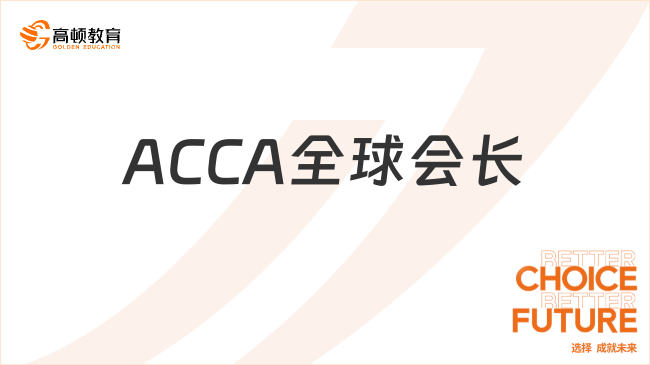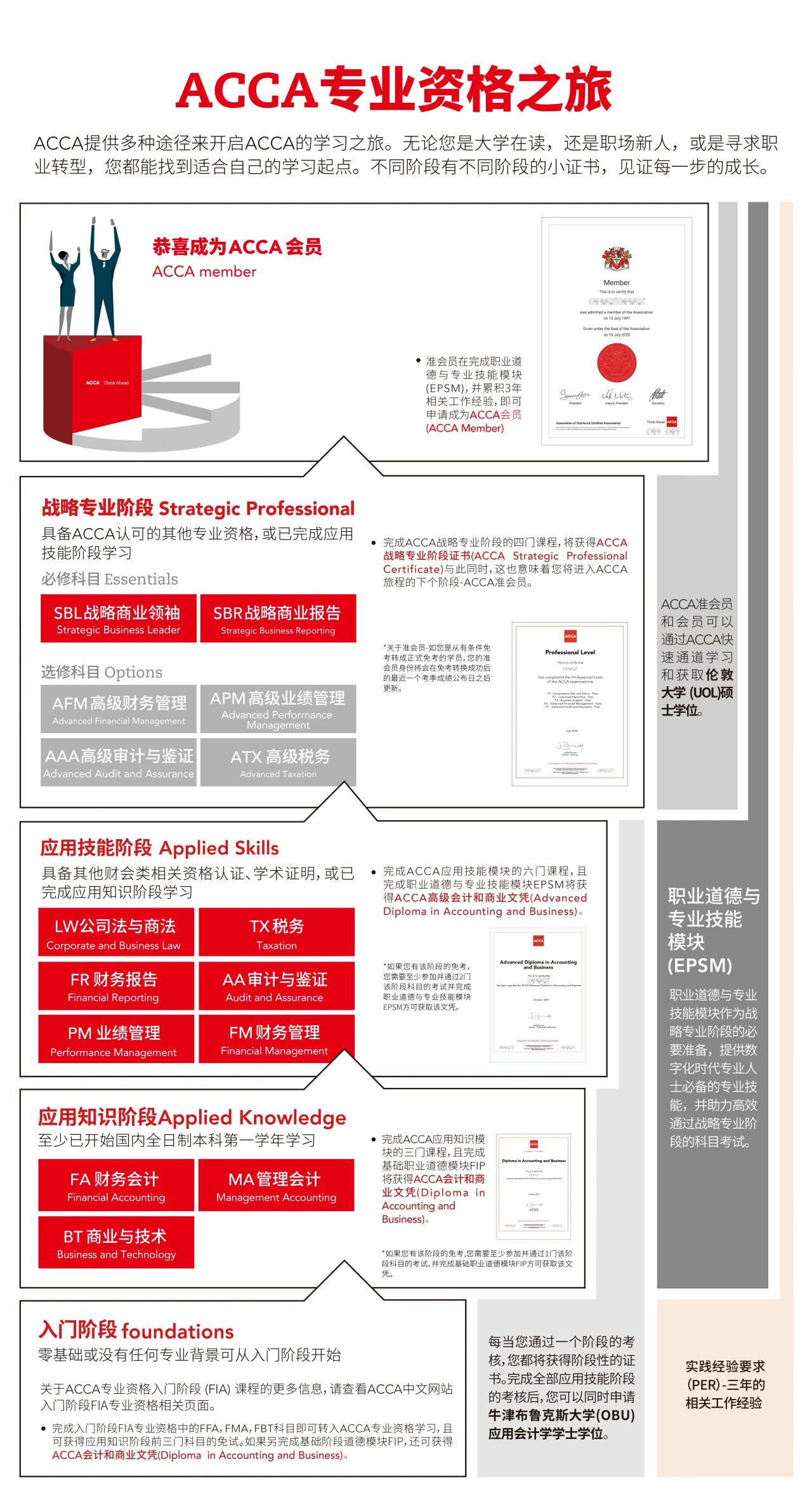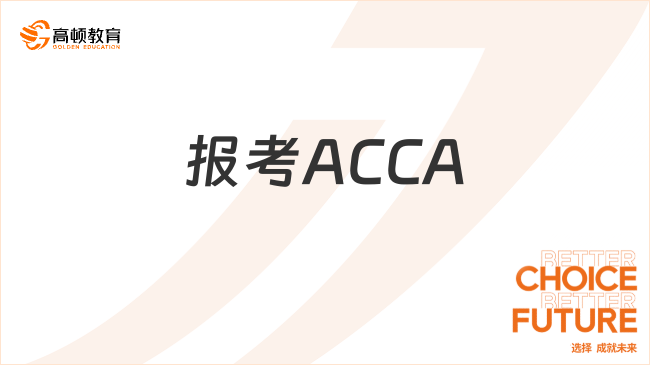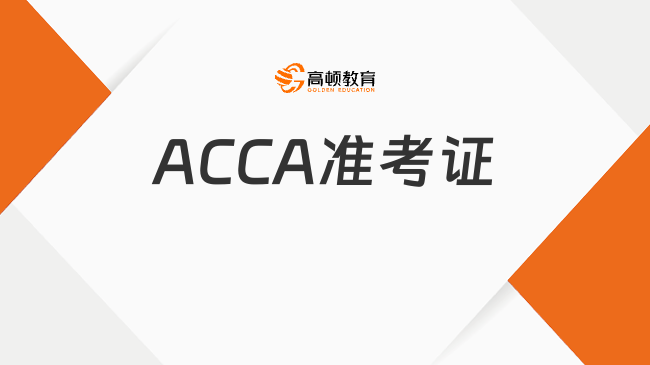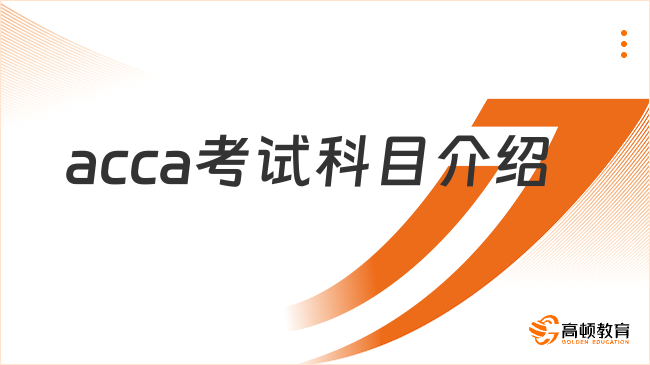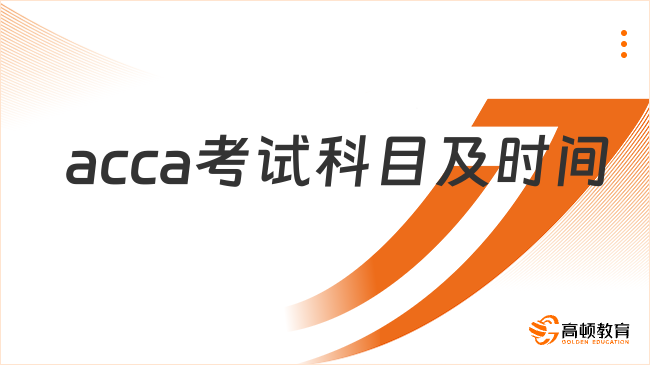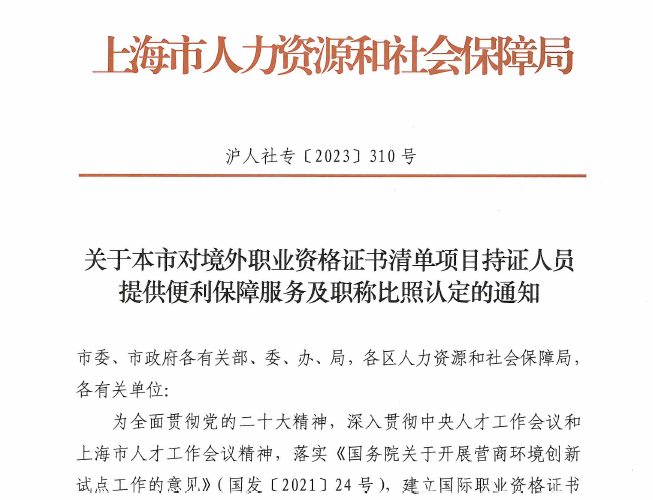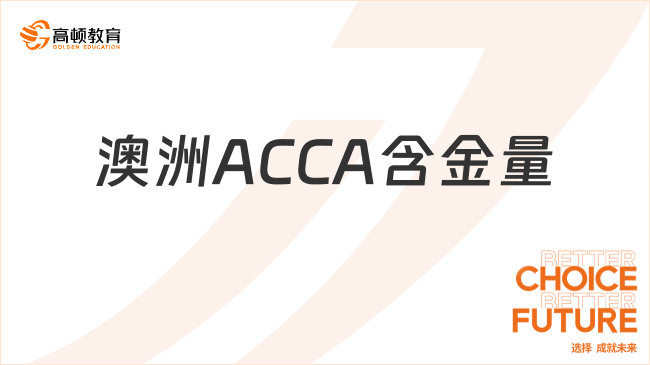HELLO,筒子們,今天我們ACCA考試科目F1必背定義(Part B)繼續走起,這兩天文思泉涌,下筆有神,集美貌與才華于一身……額、總之半路松懈是要不得的,聽說越努力的人越幸運哦~
直接進入今天的Part B正題吧: 11)Informal organization:非正式組織
An informal organization is loosely structured(結構松散的)flexible(靈活的),and spontaneous(自發的).It exists alongside the formal one.
非正式組織的定義不是我們的考點,但是你要知道它是什么,尤其是它定義中這幾個放飛自我的形容詞,暗示了它非規范化的特征~ 12)Span of control:控制跨度
(重要!)
It refers to the number of subordinates directly responsible to a superior.
一個superior直接控制的下屬的數量,兩個重點:
下屬的數量,而不是其他的數量;
一定要體現直接控制,如果沒有directly responsible的字眼,就要找能體現直接控制的描述,這是定義熱門考點,一定要通過習題感受! 13)Scalar chain:權力鏈條
The chain of command from the most senior to the most junior 14)Delayering&downsizing:去層級和規模縮減
Delayering:Reduction the number of management levels from bottom top.去層級是指去掉某個層級,一般level前會給出層級名稱,如middle management level等
downsizing:large numbers of managers and staff have been made redundant(人數的縮減,可能同時發生在各個層級上) 15)Tall and flat organization:
(圖形記憶法)
將這幾個組織架的概念串連在一起,就是:
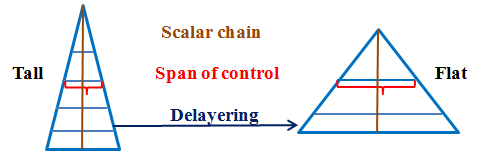
Tall organization的scalar chain較長,span of control較窄,而flat organization則相反,通過delayering“去層級”,tall organization可以變成flat organization。” 16)Centralization&decentralization
A centralized organization is one in which authority is centralized in one place.(權力集中在組織上層)
Decentralization therefore implies increased delegation,empowerment and autonomy at lower levels of the organization.
關于分權與集權,考試會考得比較活,可能和其他組織架構或管理方式相結合,這要求我們真正理解二者的含義;
分權與集權其實就是企業管理權限的分配方式,權力到底集中在哪些人手中,通過下屬的參與度可以幫助判斷。 17)Outsourcing&offshoring(外包&離岸)
Outsourcing:contracting out of specified operations or service to
an external vendor.(通過合同的方式將某部分業務外包出去,外包的分類可能對應不同的組織類型,在學習組織架構的新型組織時要學會聯想)
Offshoring:sending work overseas 18)Culture:
Hofstede:Culture is the collective programming of the mind which distinguishes the members of one category of people from another.
可以將一類人和他人區分開的思想的聚集(意識形態)
Edgar Schein:Culture is the set of shared,taken for granted assumptions that a group holds and that determines how it perceives,think about and react to the environment.
一個團體內部可以分享的、視之為理所當然的,決定人們思想和行為的假設(Three levels concerning culture文化的3個層次就是這個人提的) 從組織的角度:
Mullins:the collection of traditions,values,policies,beliefs,and attitudes.
Schwartz&Davies:a pattern of beliefs and expectations shared by the organization’s members.
Handy and Edgar Schein:the way we do things around here
文化這一部不是要把每一個定義都背下來,但是題目中出現了定義和提出人,我們要會進行匹配 19)Corporate governance:
Corporate governance is the system by which organization are directed and controlled by senior officers.
由高層實施的來管理和控制公司的體系,題目可能給出定義描述進行選擇 20)NED:
Non-executive directors are not employees of the company,(NED有一定獨立性和勝任能力的要求,獨立性使得他一般不是公司的員工)but they do take part in decision making at board meetings.(NED的存在是公司治理的重要環節,因為NED參與決策的制定而進一步保障了公司的經營者沒有只顧自己的、或眼前的利益)They do not take part in day-to-day running of the company.(非執行董事的“非執行”就意味著他們不參與公司運營和決策的具體實施)
這些定義背下來,我們離學霸又進一步啦~


 QQ登錄
QQ登錄 微博登錄
微博登錄 微信登錄
微信登錄


